Success has been eluding the saffron party so far as its penetration has been restricted to Karnataka. It has failed in TN, Puducherry and Kerala
After the big win in the Bihar Assembly elections this month, the BJP is now focussing on the South, where Tamil Nadu, Kerala and Puducherry are going to the polls early next year. Elections are scheduled for West Bengal and Assam, too. Will the BJP achieve its goal of gaining a foothold in the South? Success has been eluding the saffron party so far, as its penetration has been restricted to Karnataka. It has failed in Tamil Nadu, Puducherry and Kerala because of historic, religious, social and ideological reasons.
In Tamil Nadu, the BJP firmed up its poll alliance with the ruling AIADMK during the weekend. Eyebrows were raised at this early pact when the State’s Deputy Chief Minister and party coordinator O Panneerselvam announced it at a function attended by Union Home Minister Amit Shah. Though the late AIADMK chief J Jayalalithaa had a good equation with Prime Minister Narendra Modi, she did not go for a tie-up with the BJP in the 2016 polls. After her demise, in 2019, the UPA made it in 37 of the 40 seats won. The BJP went with the AIADMK.
The BJP now wants to make a mark in the South, riding piggyback on the AIADMK. The Congress is in alliance with the Dravida Munnetra Kazhagam (DMK) while smaller parties like actor Vijayakanth’s Desiya Murpokku Dravida Kazhagam (DMDK), S Ramadoss’ Paattali Makkal Katchi (PMK), Thirumavalavan’s Viduthalai Chiruthaigal Katchi (VCK) and others choose the DMK or AIADMK coalition according to the situation.
The BJP has strengthened its Tamil Nadu unit by appointing Murugan, a lawyer, as its chief and has also activated its workers. There has been a recruitment spree in the State since 2014. It has brought to its fold celebrities, bureaucrats and politicians from other parties. Recently, the actor-turned-politician and Congress spokesperson Khushbu’s joining of the party was a significant event. So the big question is why was the BJP unable to make inroads in Tamil Nadu till now?
First of all, the saffron party had no tall leaders to match the iconic Dravidian leaders like M Karunanidhi, J Jayalalithaa and MG Ramachandran. It is likely to be Modi versus DMK chief MK Stalin now. Second, the BJP is perceived to be a North Indian Brahminical party and the word Brahmin is anathema to Dravidian parties. Third, Tamil Nadu saw a huge anti-Hindi agitation in the 60s. The Dravidian parties are against any imposition of Hindi and the Modi Government is in favour of it. Fourth, influenced by the anti-Brahmin movement of the 50s and the 60s, many caste-based parties like the Vanniyars (dominant in north-west parts of Tamil Nadu, Thevars (dominant in southern part of the State in the Madurai belt) and Gounders (in the Kongu belt in the west), have sprung up in the last three decades, resulting in the splintering of votes. Fifth, the BJP’s stand on conversions to Christianity and its hostility to Islam and other religions has no takers in the South. The BJP’s polarising tactics won’t work in the South. Sixth, new parties have sprung up with two untested superstars — Kamal Haasan and Rajinikanth — on the horizon.
The DMK has been making poll preparations for some months now and MK Stalin has already announced an alliance with the Congress. In the 2019 Lok Sabha, the Congress-DMK combination swept the polls. The State has been alternating between the DMK and the AIADMK and now it is the turn of the DMK. It was only in 2016 that the AIADMK got a second term.
The neighbouring Puducherry often reflects Tamil Nadu’s politics. In any case, it is a small Union Territory and has just one seat in the Lok Sabha. Currently, the Congress is ruling in the State.
Kerala is a different story. The Left-led Left Democratic Front (LDF) and the Congress-led United Democratic Front (UDF) alternate in power. It is the UDF’s turn now. The BJP has not been able to penetrate much in the State despite the groundwork done by the Rashtriya Swayamsevak Sangh (RSS).
Further, the Kerala electorate consists of a sizeable number of Christians and Muslims and they remain non-BJP voters.
In 2019, the LDF posted a landslide victory, winning 19 of the 20 seats while the UDF won just one seat and the BJP got zero seats. The RSS tried to mobilise support on the contentious Sabarimala issue but the counter-mobilisation presented an effective alternative control.
With more literate voters, Kerala alternates between the Communists or anti-Communists. The BJP is seeing slow growth in the State because of it. While the minority communities in the State have successfully ensured the protection of their respective cultures, the Hindu community has relentlessly ceded its own cultural space. The BJP is taking advantage of it, but it is taking time to translate into votes.
Also, the BJP is facing factionalism in Kerala. The RSS has cautioned the central leadership that the friction in the State unit could impact the performance in the polls.
Kerala won kudos in containing the Covid-19 pandemic. A few months ago it looked as if the LDF could return to power but that came to a screeching halt in July after the Chief Minister’s Office was found to be allegedly involved in a gold smuggling scam. Several protests broke out across Kerala after the smuggling of 30 kg gold worth `14.82 crore through diplomatic channels came to light on July 5. The case is currently being probed by the ED, the National Investigation Agency and the Customs Department. Another nail in the coffin was the recent promulgation of The Kerala Police (Amendment) Ordinance, 2020. Vide this Ordinance, a new Section 118A was introduced in the Kerala Police Act, 2011. This was widely viewed as a brazen assault on freedom of speech.
Though the Chief Minister insisted that “no action would be taken against the media or critics who stay within the limits of the Constitution” and in the end decided not to implement the amended Act, the damage has been done to the Government’s reputation and credibility in a fiercely independent State.
Now, it remains to be seen whether the BJP can consolidate its Hindu votes in the South.
(The writer is a senior journalist)







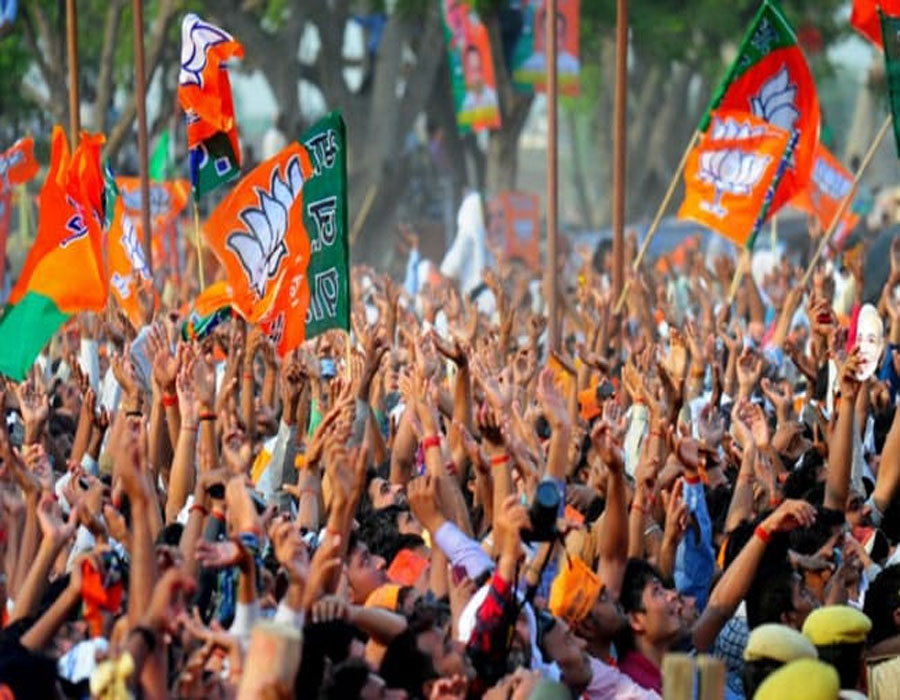
 OpinionExpress.In
OpinionExpress.In
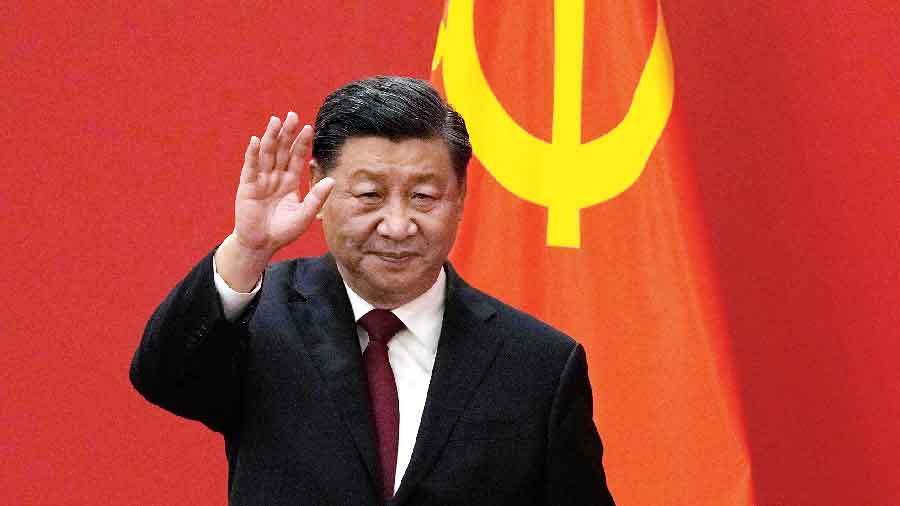

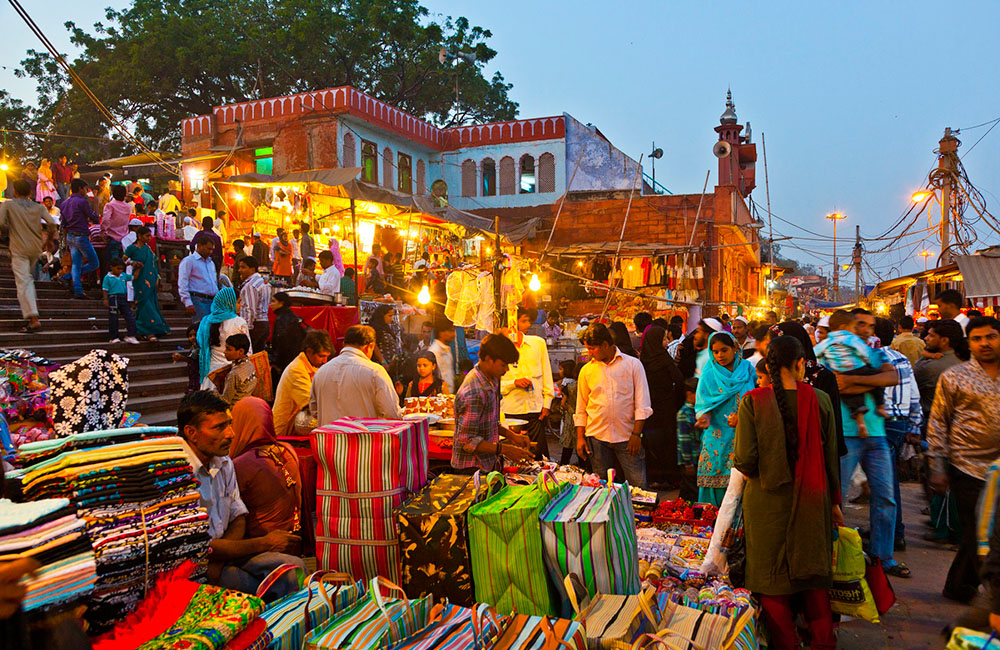
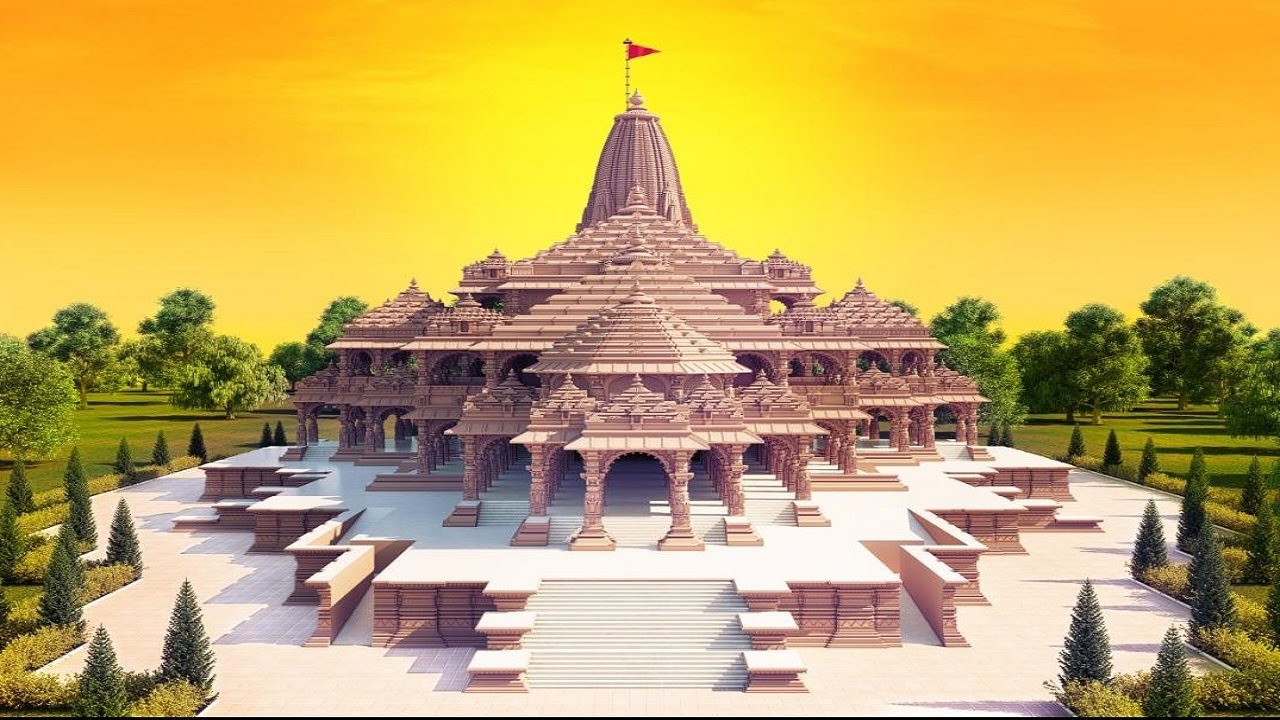
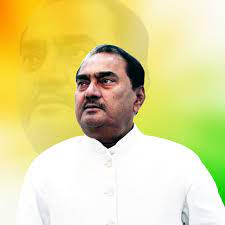
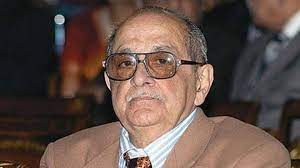
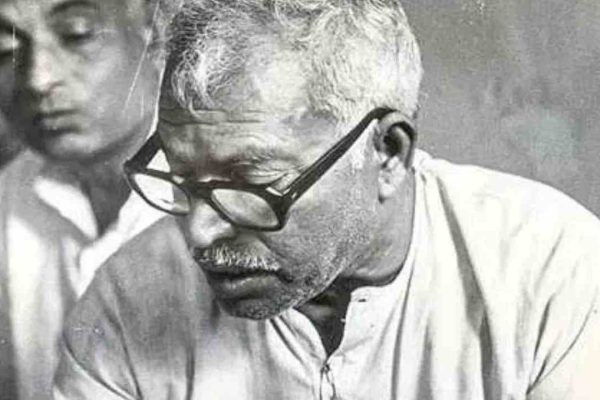
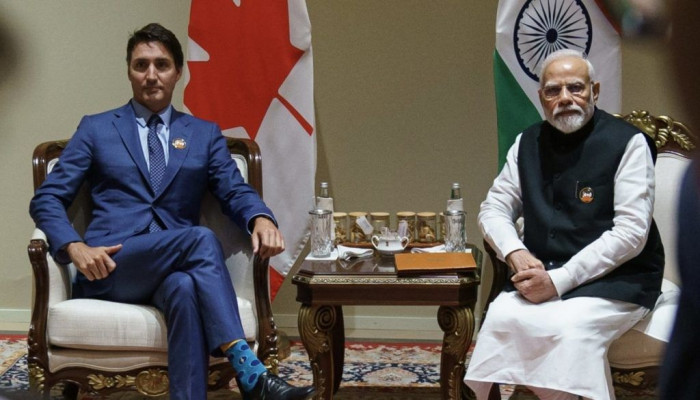







Comments (0)